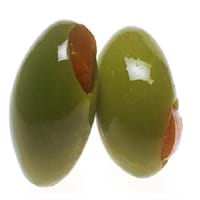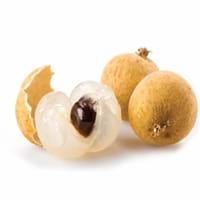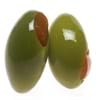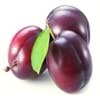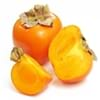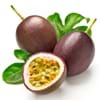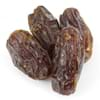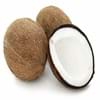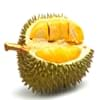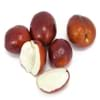Health Benefits
Cancer prevention, Helps in cartilage regeneration, Prevents macular degeneration, Treatment of alzheimer's disease
Anti depressant, Anti-inflammatory properties, Healthy mucus membrane, prevents oral cavity cancer, Prevents anemia, Prevents cases of morning sickness, Prevents lung cancer, Skin rejuvenation, Treatment of colonic diseases
General Benefits
Anti oxidant properties, Anti-inflammatory properties, Boosts immune system, Controls blood pressure, Digestive aid, Maintains healthy cholesterol level
Anti oxidant properties, Anti-inflammatory properties, Digestive aid, Gives you energy, Suppresses Arthritis
Skin Benefits
Hydrates skin, Skin rejuvenation, Treatment of skin diseases
Reduces wrinkles, Skin rejuvenation
Hair Benefits
Acts as moisturizer, Good conditioner, Regulates hair growth
Not Available
Allergy Symptoms
NA
Itching, Swelling of mouth, tongue or lips, Tingling sensation in mouth
Side Effects
Affects blood glucose levels, Dizziness, Stomach pain
Mouth irritation, Weight gain
Best Time to Eat
Hardly eaten raw, Olive oil is consumed for many purposes.
As a snack in the late afternoon
Vitamin B5 (Pantothenic Acid)
Vitamin C (Ascorbic Acid)
Vitamin E (Tocopherole)
Not Available
Vitamin K (Phyllochinone)
Not Available
Lutein+Zeaxanthin
Not Available
Calories in Fresh Fruit with Peel
Calories in Fresh Fruit without Peel
Not Available
Not Available
Calories in Frozen Form
Not Available
Not Available
Calories in Dried Form
Not Available
Calories in Canned Form
Not Available
Calories in Jam
Not Available
Type
Tree fruit
Tree fruit, Tropical
Season
Spring, Summer
Mid to late summer
Varieties
Manzanillo, Sevillano, Mission, Ascolano, Barouni, Gordal, Rubra and Picholine
Chompoo Longan, Kohala Seedling, Haew, Edau and Biew Kiew
Seedless Variety
No
Not Available
Color
Black, Green, Purple, Yellow
Rusty brown
Inside Color
Brown
Yellowish brown
Origin
Eastern Mediterranean Region
Mexico
Soil Type
Well-drained
Well-drained
Climatic Conditions
Warm to hot climate
Sunny, Warm, Without frosts
Facts about
- In ancient Greece, 1st eye shadow was made by adding olive oil in ground charcoal.
- The most expensive form of olive oil is Extra Virgin.
- Largest type of olive tree is known as donkey tree & smallest one is called bullet.
- Longan is also called as "Dragon's eye" in China as it gives an impression of an eyeball.
- Longan seeds can be used to absorb the venom after the snake bite and they also help to stop bleeding.
Top Producer
Spain
Thailand
Other Countries
Algeria, Egypt, Greece, Italy, Morocco, Portugal, Syria, Tunisia, Turkey
Australia, Combodia, Taiwan, United States of America, Vietnam
Top Importer
United States of America
China
Top Exporter
Italy
Thailand
Botanical Name
Olea europaea
Dimocarpus longan
Synonym
Not Available
Dragon eye
Subkingdom
Tracheobionta
Viridiplantae
Division
Magnoliophyta
Tracheophyta
Class
Magnoliopsida
Magnoliopsida
Order
Lamiales
Sapindales
Family
Oleaceae
Sapindaceae
Species
O. europaea
D. longan
Generic Group
Olive
Not Available
Difference Between Olive and Longan
We might think that Olive and Longan are similar with respect to nutritional value and health benefits. But the nutrient content of both fruits is different. Olive and Longan Facts such as their taste, shape, color, and size are also distinct. The difference between Olive and Longan is explained here.
The amount of calories in 100 gm of fresh Olive and Longan with peel is 115.00 kcal and 83.00 kcal and the amount of calories without peel is Not Available and Not Available respectively. Thus, Olive and Longan belong to and category.These fruits might or might not differ with respect to their scientific classification. The order of Olive and Longan is Lamiales and Sapindales respectively. Olive belongs to Oleaceae family and Longan belongs to Sapindaceae family. Olive belongs to Olea genus of O. europaea species and Longan belongs to Dimocarpus genus of D. longan species. Beings plants, both fruits belong to Plantae Kingdom.
